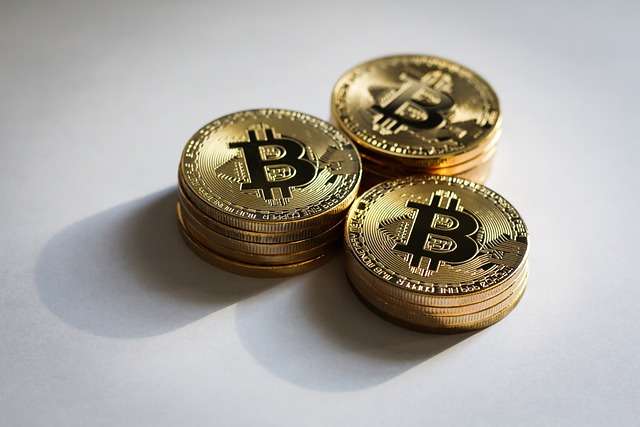
This guide will delve into Bitcoin, a groundbreaking digital currency that is altering global financial interactions. Bitcoin is no mere digital token; it represents a decentralized phenomenon that is captivating countless users globally and reshaping how users comprehend and interact with the monetary framework of the world. This article will explore Bitcoin’s essence, its beginnings, and its operational mechanics within the vast financial ecosystem.
Bitcoin Features and Nuances
What is Bitcoin? Simply put, Bitcoin is a digital payment system that enables secure transactions without intermediary oversight. Emerging in 2009 from the mind of the enigmatic Satoshi Nakamoto, it was conceived as a decentralized peer-to-peer network that circumvents traditional banking controls. This autonomy is crucial, underpinning a system of direct, transparent exchanges while lessening fraud and cutting down on the costs of transactions.
The Mechanics of Bitcoin
At Bitcoin’s core is the blockchain, a distributed registry logging all Bitcoin transactions, upheld by a robust node network. This structure ensures no single entity can manipulate it, with Bitcoin’s hallmark being its independence from central authorities. It’s capped at 21 million units, a deliberate choice to preserve rarity and secure its worth, akin to precious metals.
Transacting with Bitcoin
What is Bitcoin when transacting it? In practice, Bitcoin involves users transferring digital tokens from their electronic wallets to others, validated by digital endorsements. Nodes in the network authenticate these transactions using cryptographic techniques, subsequently appending them to the blockchain. This process guarantees the integrity and visibility of each transaction.
Mining: Bitcoin’s Life Support
What is Bitcoin mining like? Mining stands as Bitcoin’s main pillar, propelling the system. This process rewards those who solve complex computations with new Bitcoins, solidifying transaction records. Mining fortifies the network’s resilience and modulates the pace at which Bitcoin enters the market.
What Provides Bitcoin Its Value?
What underpins Bitcoin’s valuation? Unlike conventional currencies backed by tangible assets or governmental assurances, Bitcoin’s worth is driven by market dynamics: supply and demand, public perception, liquidity, and technological advancements. It exists independently of physical backing, with its value fluctuating based on these market forces.
Pros and Cons
Bitcoin boasts several perks: lower transaction costs, global reach, and an alternative against inflation. However, it’s not without its problems as well, which are price volatility, governmental regulation, and a steep learning curve for beginners.
Envisioning Bitcoin’s Horizon
The question arises, what is Bitcoin going to be like in the future? It is the leading edge in the industry that can potentially revolutionize finance by providing an alternative to traditional banking. Moving beyond cryptocurrency, it may also change many other industries that are based on blockchain technology.
Conclusion
So, what is Bitcoin? This is a complex yet fascinating digital currency that can be seen as a harbinger of a more transparent and decentralized financial platform. Knowing about Bitcoin leads to the idea of the monetary future and the role of cryptocurrency in changing the paradigms of economics. With Bitcoin still writing its own history, it is becoming an important part of the ongoing global finance saga.










